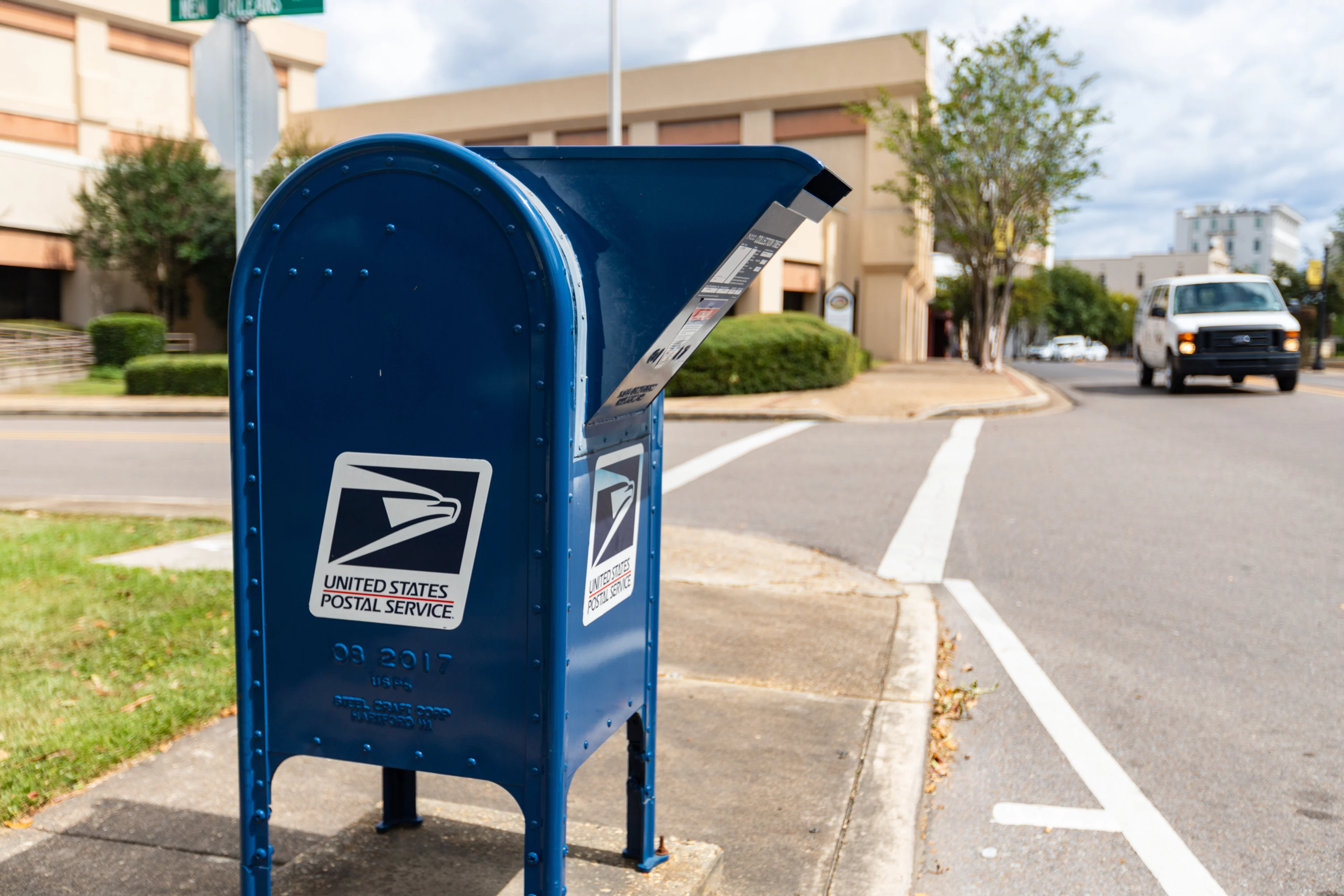
Section 1202 Qualified Small Business Stock Offers Remarkable Tax Breaks
An often-overlooked provision of the U.S. tax code — Section 1202 — offers investors a remarkable tax break: the ability to exclude up to 100% of the gain on the sale of qualified small business stock (QSBS). “What’s the catch?” you might ask. For one thing, you must hold the stock for more than five years to enjoy the benefits. And the types of stock that are eligible are limited. However, under the right circumstances, you (or your heirs) can sell these securities federally income-tax-free.
Brief History
Sec. 1202 was enacted in 1993. Initially, it allowed noncorporate taxpayers to exclude from income 50% of their gain on the sale or exchange of QSBS. The remaining 50% was taxed at 28%. In 2003, the tax break fell out of favor when the regular long-term capital gains tax rate was cut to 15% (20% for high-income taxpayers).
But Congress breathed new life into QSBS when it temporarily increased the exclusion to 75% in 2009 and then to 100% in 2010. In 2015, Congress made the 100% exclusion permanent for stock acquired after Sept. 27, 2010.
How to Qualify
To qualify as QSBS, stock generally must be issued by a U.S. C corporation to an individual or an entity other than a C corporation. It also must meet the following requirements:
Gross assets. The issuing corporation’s aggregate gross assets must not have exceeded $50 million at any time after Aug. 10, 1993, or immediately after issuance of the stock. If the corporation’s aggregate gross assets grow beyond this threshold at a later date, the QSBS maintains its favorable treatment.
Original issuance. You must acquire the stock as part of an original issuance — directly from the corporation or through an underwriter, not from another shareholder — in exchange for money or property other than stock. Stock received as compensation for services, or as a gift or inheritance, also qualifies.
Active business. The corporation typically must use at least 80% of its assets (by value) in the conduct of one or more qualified active businesses. Several types of businesses do not qualify, including:
- Farming
- Certain oil, gas and mining
- Banking, insurance, financing, leasing and investing
- Hotels, motels and restaurants
- Service businesses in the health, law, engineering, architecture, accounting, actuarial science, performing arts, consulting, athletics, financial services and brokerage service fields
In addition, no more than 10% of the corporation’s assets may consist of real estate that’s not used in conducting a qualified active business.
Holding period. You must hold QSBS stock for at least five years after it’s issued. If the stock is transferred by gift or inheritance, the transferor’s holding period is added to the recipient’s. Suppose, for example, that Ken purchases QSBS on Jan. 1, 2014, and dies on Jan. 1, 2017. His daughter, Kate, inherits the stock and sells it on Feb. 1, 2019. Even though Kate has held the stock for only two years, she qualifies for 100% gain exclusion because Ken’s three-year holding period is added to hers.
If your QSBS is converted into different stock of the same corporation, your holding period for the original stock is added to the holding period for the new stock. Also, if you sell the stock before you’ve satisfied the five-year holding period, it’s possible to preserve the benefits of Sec. 1202 by rolling over your gain into another QSBS within 60 days. The original stock’s holding period is added to the replacement stock’s holding period. Note that rollover treatment is available only if you held the original stock for more than six months.
Finally, be warned that Sec. 1202 limits the amount of QSBS gain you can exclude with respect to a particular corporate issuer in a given tax year. The maximum exclusion is the greater of 1) $10 million or 2) 10 times your aggregate adjusted tax basis in the stock sold during the tax year.
Plan Carefully
Before investing in QSBS, weigh the benefits against the potential tax costs and investment risks. For example, if you anticipate that the corporation will pay significant dividends, double taxation may erase some of the benefits of tax-free gains.
If you decide to invest in QSBS, monitor your investment to ensure the stock doesn’t become disqualified. This could happen if the corporation ceases to satisfy the active business requirement or redeems your stock.
For example, when Congress enacted Section 1202 of the tax code, there was concern that existing QSBS shareholders would cash in their holdings and then buy new stock with a higher tax basis to take advantage of tax-free gains. To discourage this, Sec. 1202 disqualifies new stock if the company redeems stock from you or a related person within two years before or after the new stock is issued. The latter requirement is designed to prevent you from acquiring new stock first and then cashing in the old stock.
If QSBS is a tax strategy you’d like to consider, let’s chat. Our trusted business tax advisors are here to share more about managing the risks associated with QSBS and how this investment fits into your larger investment portfolio.


